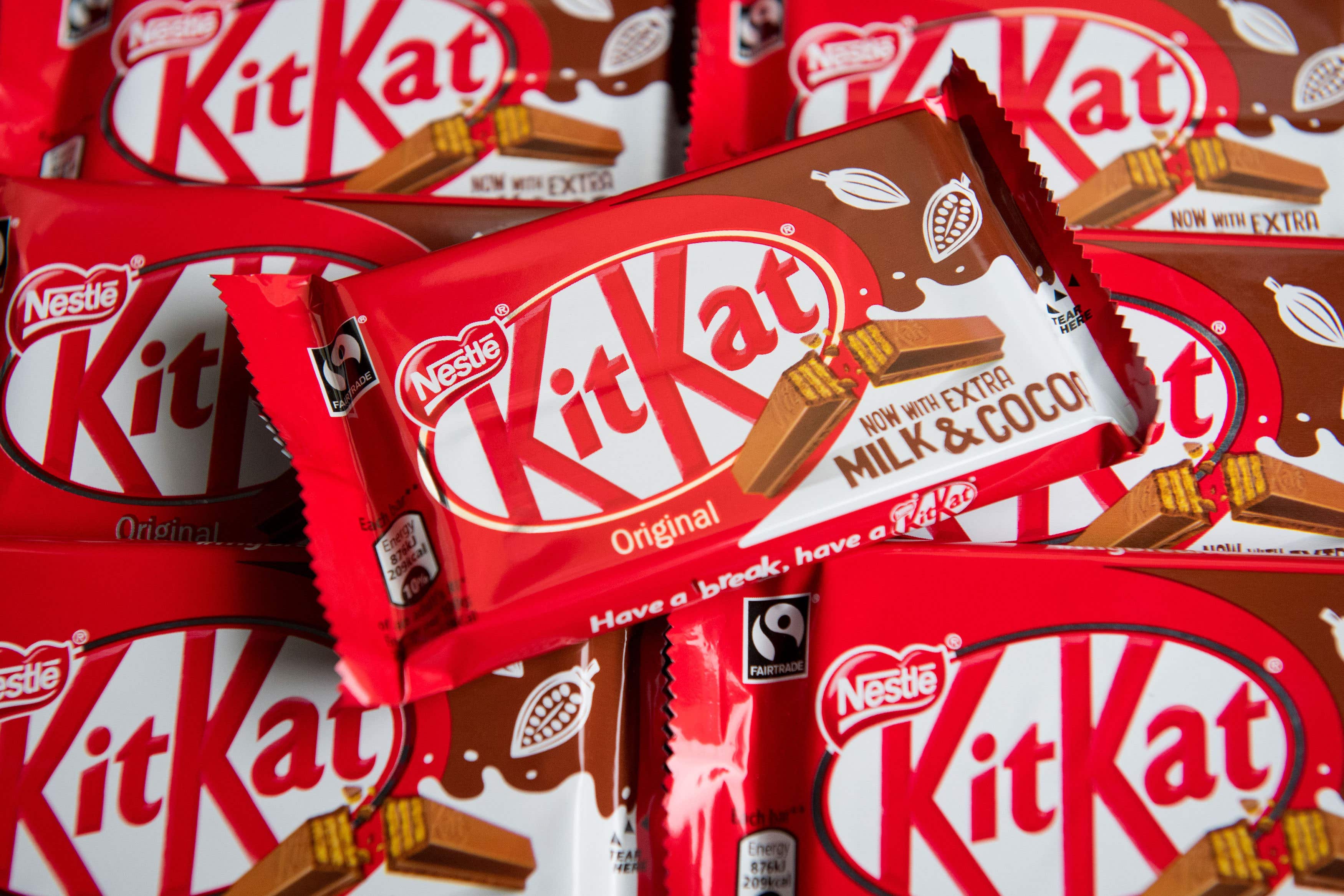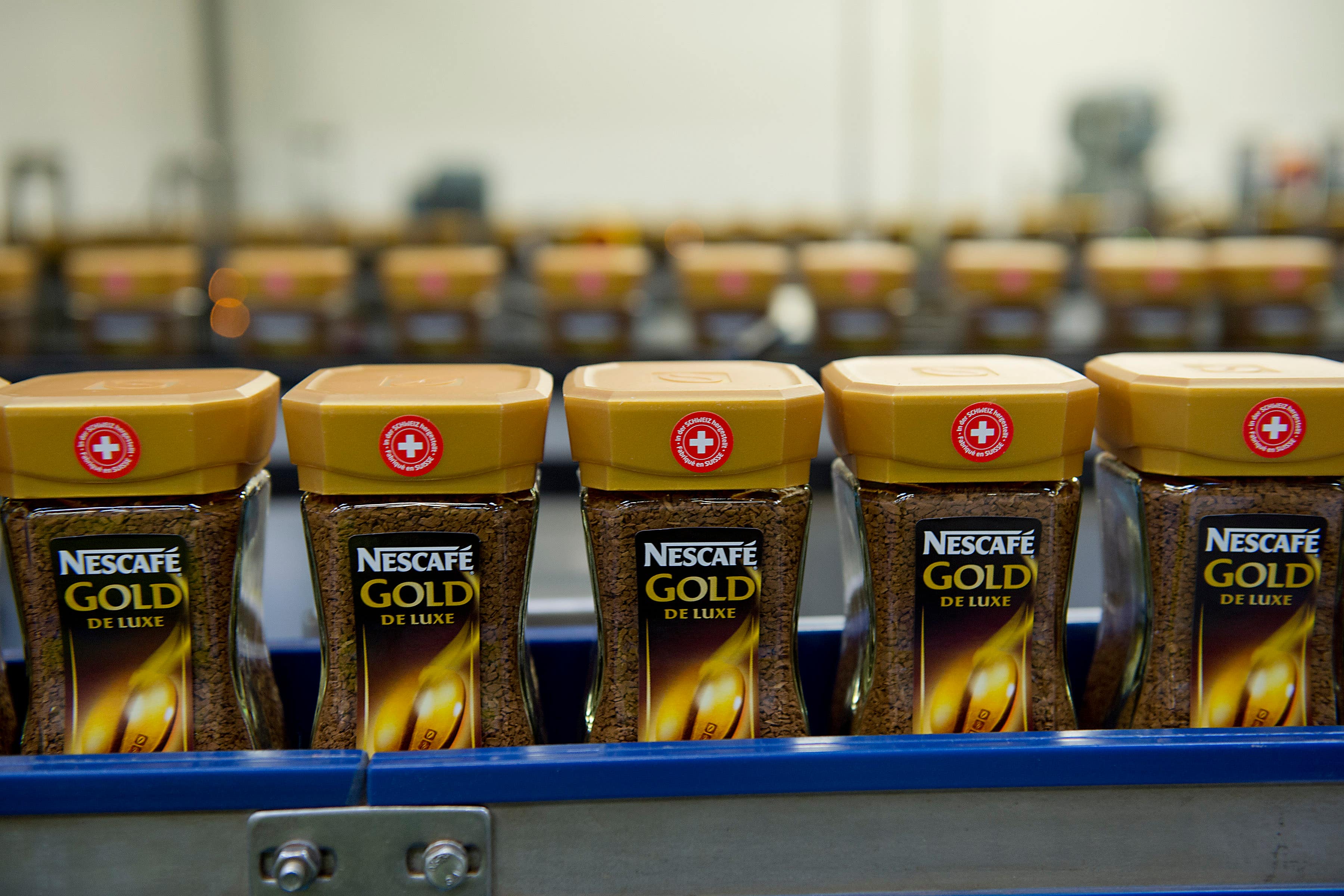KitKat maker’s sales slow after Nestle raises prices around the world
There was strong demand for KitKats across the continent

Your support helps us to tell the story
From reproductive rights to climate change to Big Tech, The Independent is on the ground when the story is developing. Whether it's investigating the financials of Elon Musk's pro-Trump PAC or producing our latest documentary, 'The A Word', which shines a light on the American women fighting for reproductive rights, we know how important it is to parse out the facts from the messaging.
At such a critical moment in US history, we need reporters on the ground. Your donation allows us to keep sending journalists to speak to both sides of the story.
The Independent is trusted by Americans across the entire political spectrum. And unlike many other quality news outlets, we choose not to lock Americans out of our reporting and analysis with paywalls. We believe quality journalism should be available to everyone, paid for by those who can afford it.
Your support makes all the difference.Food giant Nestle has said it has seen its sales slow in recent months after it raised its prices around the world.
The company behind brands such as KitKat and Nescafereported total sales of 22.1 billion Swiss francs (£19.35 billion) for the first three months of the year.
This was a drop of 5.9% from the 23.5 billion Swiss francs (£20.6 billion) reported the same time last year.
But prices were hiked by 4.6% year on year in Europe, and 3.4% globally.
The food and drinks giant said pet products and coffee were selling well in the latest quarter, while sales of frozen food and dairy products were slower.
Coffee sales edged higher, particularly in Europe and driven by Nescafe and Starbucks products, while there was strong demand for KitKats across the continent.
But it had a weaker performance in North America where sales dropped by nearly 8%, with intense competition and weaker demand particularly dragging on frozen food.
Nestle’s frozen food brands include DiGiorno pizza, Stouffer’s frozen dinners and Hot Pockets sandwiches.
Nestle said its Purina PetCare product was the biggest contributor to organic sales growth, fuelled by stronger demand for science-based premium brands Purina One, Fancy Feast and Friskies.

It also blamed temporary supply issues for vitamins, minerals and supplements affecting growth of its health science arm, which includes brands such as Peptamen and Optifibre.
The supply problems are expected to be resolved by the middle of 2024, it said.
Mark Schneider, Nestle’s chief executive, said: “In North America, we have stepped up our innovation intensity and commercial activities, primarily in frozen food, which lost ground in the first quarter.
“Nestle’s top priorities remain to execute with excellence, leverage our science and nutrition expertise and drive growth with our billionaire brands. We reiterate our 2024 guidance and look ahead with confidence.”